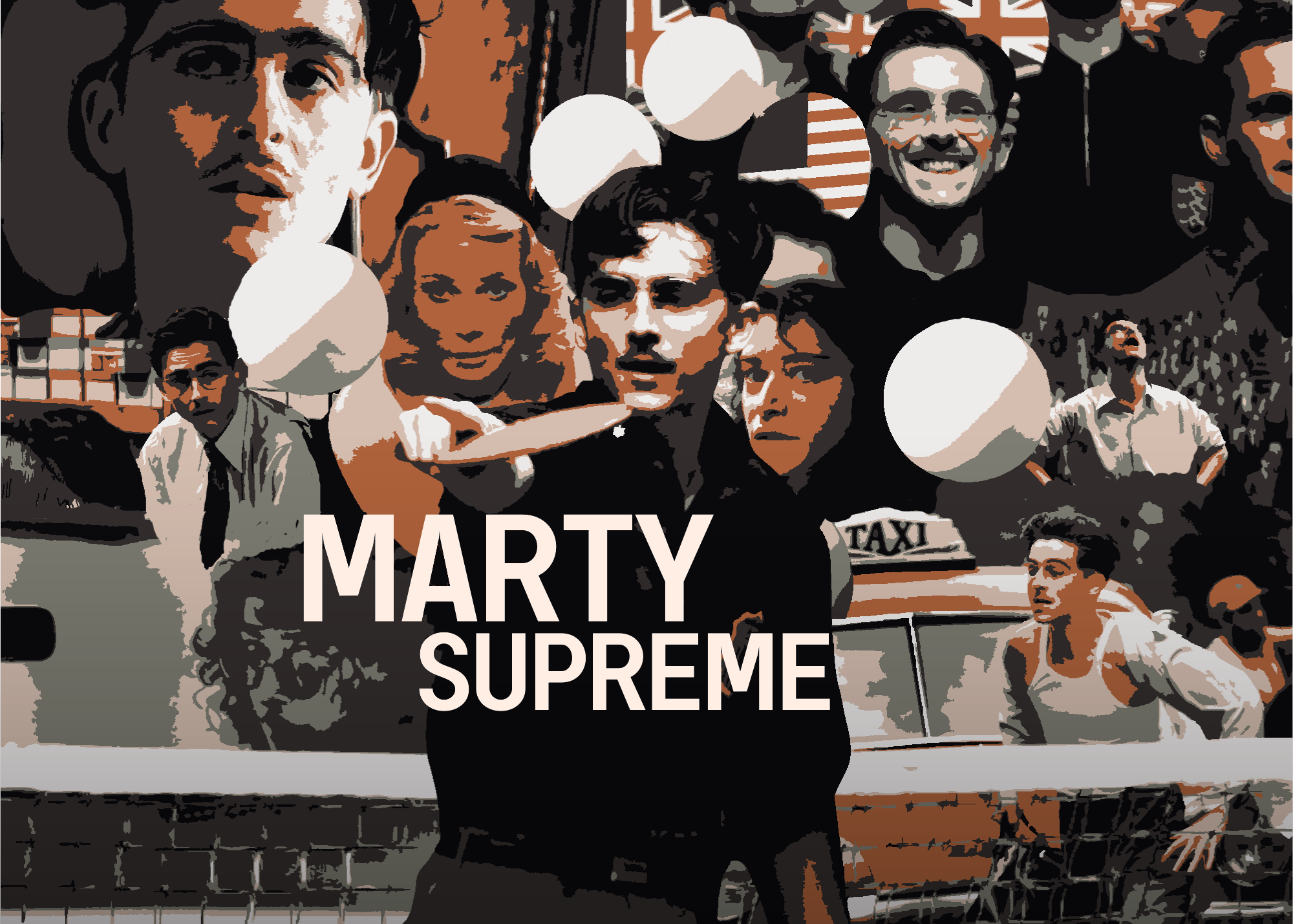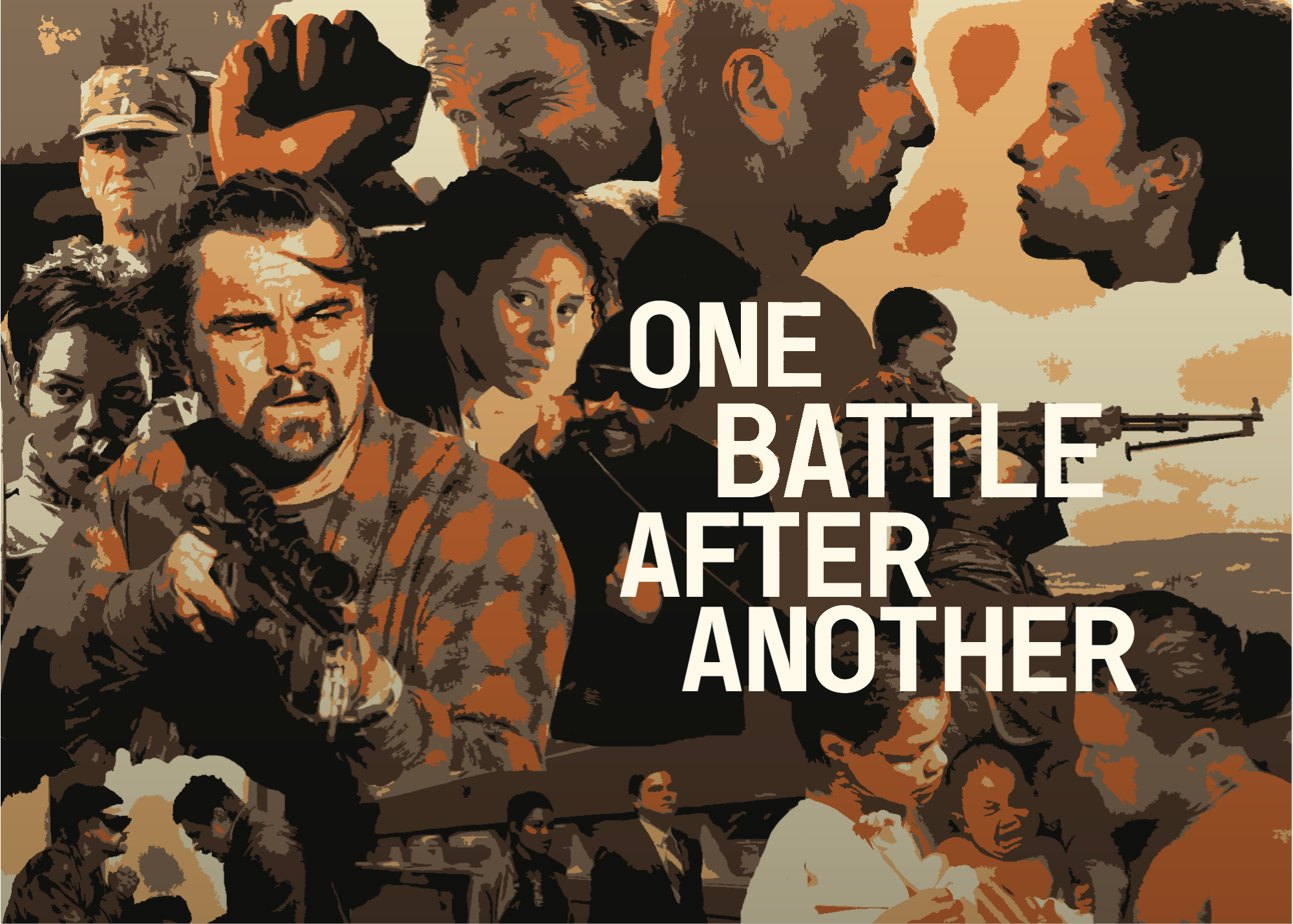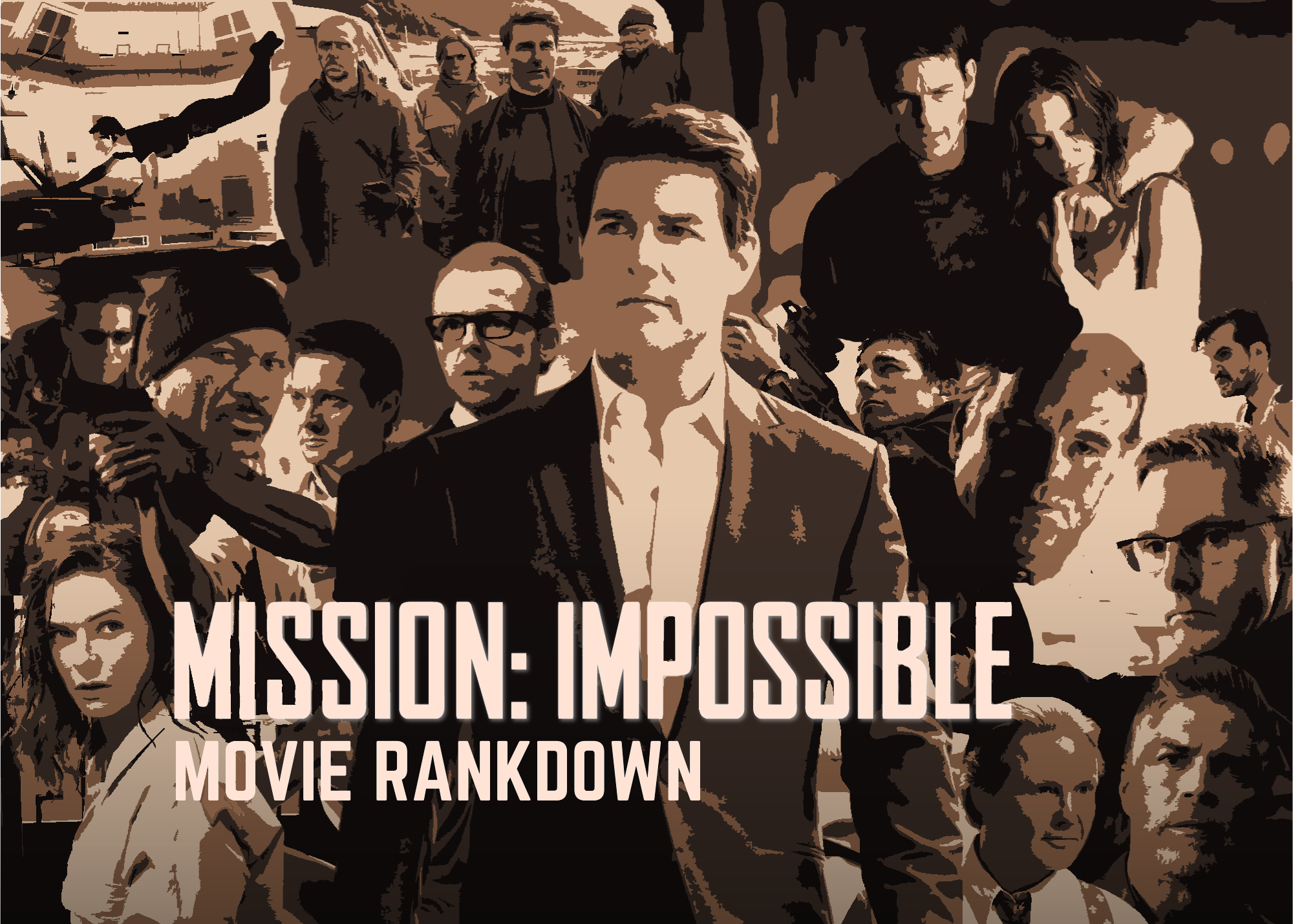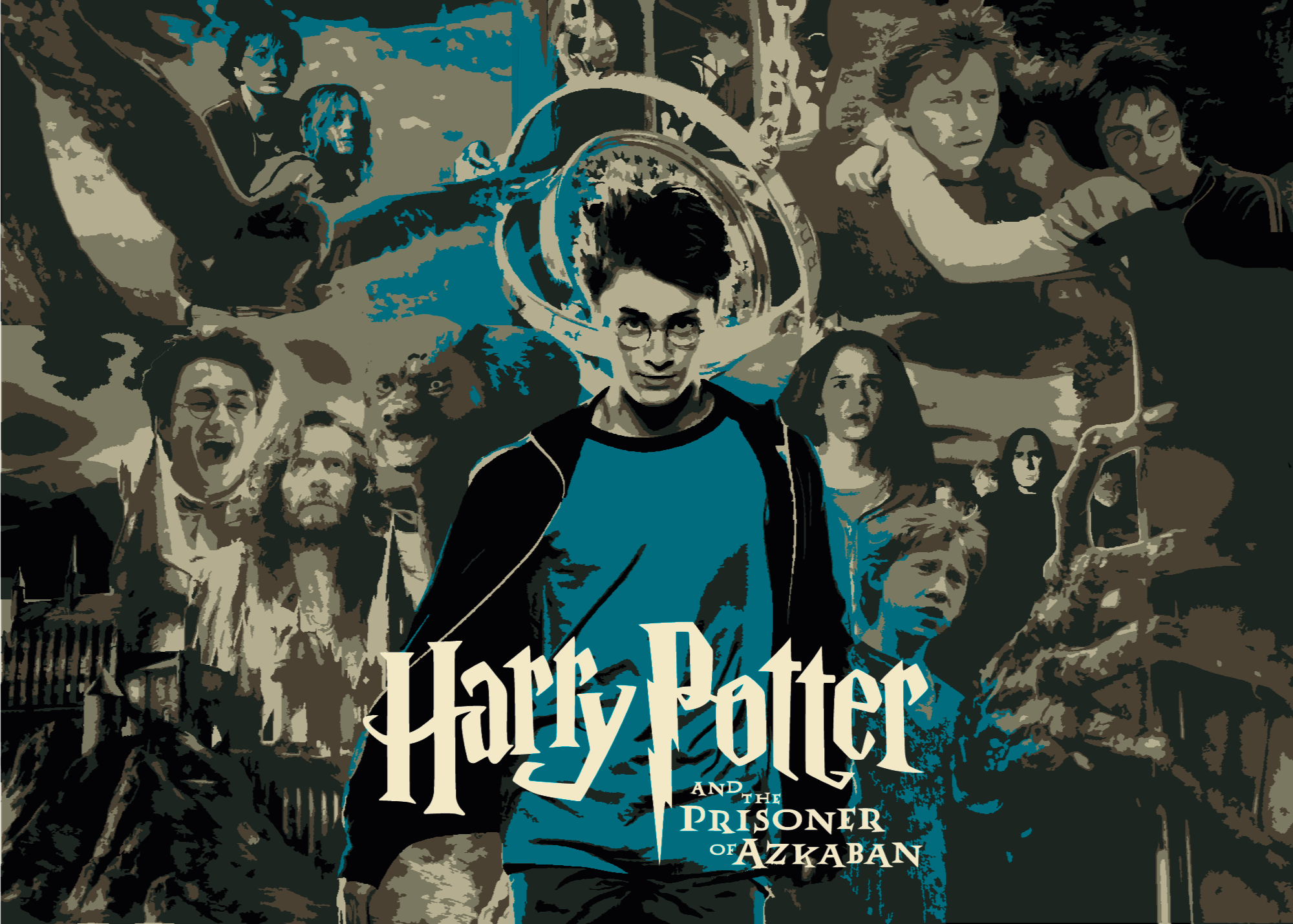"Mission: Impossible - The Final Reckoning" Review: A Thrilling Farewell To Ethan Hunt
It wants what it can't have, but Cruise's (maybe) final ride at the M:I helm is blockbuster filmmaking at its finest.
Recent ReleaseAs a boy, Ichiro Suzuki asked his father to help him improve his baseball skills. The pair began a daily training regimen: 50 pitches, field 50 balls from both the infield and outfield, and hit 500 pitches - 250 off of a pitching machine and 250 off his father. To add strength to his short, slender frame, Ichiro hurled car tires and repeatedly hit wiffle balls with a shovel.
His dedication paid off. In Japan’s Nippon Professional Baseball League, he won seven consecutive batting titles and was thrice named the League’s most valuable player. Although his arrival to Major League Baseball was met with skepticism from American sportswriters, who believed that his limber frame would crumble over a 162-game season, Ichiro quickly silenced his doubters. He won both AL Rookie of the Year and MVP in 2001, hitting .350 with 242 hits, 56 stolen bases, and Gold Glove defense for the record-tying 116-win Seattle Mariners. After all was said and done, he would amass 3,000 hits en route to the Hall of Fame.
In short, it doesn’t matter who likes what, what people may or may not think, or what they prefer from whatever it is they enjoy: if you practice something a lot, if you dedicate your life to your craft, you’re going to get really fucking good at it.
Cut to Mission: Impossible - The Final Reckoning, the presumptive final entry in Tom Cruise’s nearly 30-year devotion to the cinematic adaptation of the 1960s television series. What began in 1996 as a “Why not?” conversion to the big screen is one of the most critically acclaimed and commercially successful action franchises ever, avoiding audiences’ resentment of overexposure and critics’ disdain for anything that doesn’t break down the thematic walls of what we deem philosophically possible for filmmaking.
In fairness, The Final Reckoning's middling box office returns suggest the franchise's commercial highs are a thing of the past regardless of whether Cruise returns. All good things must come to an end; a clock is always correct until a bolt of lightning stops it from working for 30 years, etc. Still, we can't deny the sheer spectacle the M:I series delivers, and more consistently than any other franchise. The question is this: does The Final Reckoning match its predecessors for spellbinding action while giving a satisfying narrative conclusion? The answer? Eh.
In its first hour, The Final Reckoning is the equivalent of a friend asking us for a favor beyond the scope of the relationship. We have our besties, our ride or dies. We have our secondary staples, the ones we cherish, adore, have a meaningful history with, and catch up with occasionally. We have our tertiary comrades, the ones we met at that thing we did once and grab a beer with every few months.
Finally, we have those outliers who drop in every few years, do something special, and then disappear until next time. The Mission: Impossible movies are that friend, and while we appreciate how incredible the experiences with them are when they come around, there’s only so much they can reasonably ask of us before we analyze their role in our lives and go,“Nah.”
So, as the opening act of Final Reckoning harkens back to other films in the franchise and asks us to believe they can get roped together under the umbrella of the Entity, the rogue AI threatening to destroy humanity, we don’t play along. We know the Rabbit’s Foot, the biohazard at the center of the third film nearly 20 years ago, was not, in fact, the liquid code that ultimately became the Entity. Sure, you can cite Benji's conspiracy theory about the "Anti-God" and toss out a half-baked theory after Dead Reckoning, but let's be real: it was a half-baked JJ Abrams plot contrivance that someone looked at and said, "Ooo, we can use that." It’s a retcon that defies any manner of logic, and while the incredible stunts do that on their own, we can get behind them because the series is called Mission: Impossible not Mission: Maybe Not But This Looks Cool. However, that principle does not apply to things like trying to exploit a generational fandom that doesn’t exist.
As such, we refuse what Final Reckoning tries narratively. The films’ dialogue has always been excessively hand-holdy, but the lengths to which this one goes as it strains to retcon the entire franchise into an MCU-esque saga are far-fetched, and that’s putting it lightly. Sure, fans have appreciated Ving Rhames’ presence, but do we particularly care that Luther Stickell, the long-tenured expert hacker, gets a heroic moment of pseudo-self-sacrifice before biting the dust? No. He’s just some guy in a movie series, the draw of which is awesome action. If he eats it, we expect it. It’s the nature of the beast.
But once it settles down and stops trying to be something that it isn’t, instead being what the series has grown into over the last 30 years, it’s an absolute banger of a summer blockbuster. Fans stand divided on Final Reckoning, but this one will submit a potentially controversial opinion: past that unfortunate opening hour, it’s perhaps the best film in the franchise.
Firstly, while none of the films have been difficult to follow, Final Reckoning is about as simple as it gets: in the previous film, Dead Reckoning, The Entity tricked a Russian stealth sub into torpedoing itself and escaped to take over cyberspace (and the world’s nuclear arsenals), to destroy humanity. It’s simple, cataclysmic, and leaves room for high-stakes and incredible action sequences without anything too intricate distracting the audience.
Of course, this isn’t to say that movies can’t do both and do both well, more so that there’s only so much time in a movie. The more you try to do two things in one film, the more likely you are to fail at both. Final Reckoning gives itself a mission that isn’t impossible at all: make the end of the world seem dire. Within that, it can do essentially whatever it wants. Yet, there’s a tremendous amount of difficulty in actually pulling that off.
Why? Well, because every movie nowadays is about the end of the world, so it's commendable that Final Reckoning is such a heart-pounding, nerve-wracking experience.
The problem with most blockbusters trying to make big stakes out of humanity’s demise is that they can’t convince us that the plot won't get thwarted. Yes, we know the world will not end, but there has to be some element of “How?”
As Ethan Hunt travels across the world to stop the Entity and save humanity, each chapter truly feels like an impossible mission, even though they shouldn’t. Even aboard the ship with Hannah Waddingham, who tells him his only hope to reach Sevastopol, the Russian sub the Entity destroyed and which holds its source code, he’ll need the cooperation of a Captain who may or may not be willing to assist, something about it feels just as dire and unsure as the actual frigid sea dive down to the submarine’s wreckage. Every frame (again, past that unfortunate opening hour) is boiling over with tension, and the best part is that you can’t quite put your finger on why.
Why do we get goosebumps every time the film cuts back to the electronic world map slowly turning red as the Entity takes over each nuclear nation’s arsenal? Why do we tense up as the President’s Cabinet discusses options for detonating a nuclear weapon on American soil as a gesture of goodwill after they launch preemptive attacks on the other nuclear nations? Why are we on the edge of our seats, struggling to catch our breath as we watch the Sevastopol slowly slide down the continental shelf? We know they’ll stop The Entity. We know they’ll never nuke anyone. We know Ethan will make it. Remember, director Christopher McQuarrie has been at this for a long time. He knows just when to cut and when to let the shot linger. He knows how long to let an idea work its magic before pulling the plug. He gets it in almost every way, both quantifiable and unquantifiable.
Sure, it stuffs too many “impossible” ideas into itself and wears a tad thin by the end, creating a sense of “We get it” that no movie needs. But the fact remains that this movie is a prime example of what happens when you dedicate your life to something, work tirelessly to perfect it, and care only about delivering the best without compromise.
It never made sense how Ichiro did everything he did; we just accepted that somehow he did to the tune of an MVP, multiple batting titles, Gold Glove awards, and over 3,000 career hits. How does the M:I sausage get made? We aren’t entirely sure. We’d have to be actual filmmakers for that level of specificity, and we’re not. Even if you’ve made a flick or two for local festivals, you don’t count; this is another level entirely. The nuances of this level of devotion, motivation, dedication, and every other “tion” word you could vomit into this article are, forgive me, impossible to genuinely understand.
Thankfully, that’s the magic of these movies, and if this is the final one, it’s been a fantastic Tom Cruise running extravaganza.

92
Director: Christopher McQuarrie
Studio: Paramount
Running Time: 170 minutes
Release Date: May 23, 2025
Cast:
Tom Cruise - Ethan Hunt
Simon Pegg - Benji Dunn
Hayley Atwell - Grace
Angela Bassett - President Erika Sloane
Esai Morales - Gabriel
Pom Klementieff - Paris
Ving Rhames - Luther Stickell
Henry Czerny - Eugene Kittridge
Rolf Saxon - William Donloe
Lucy Tulugarjuk - Tapeesa
Holt McCallany - Serling Bernstein
Shea Whigham - Jasper Briggs/Jim Phelps, Jr.
Janet McTeer - Walters
Hannah Waddingham - Rear Admiral Neely
Greg Tarzan Davis - Theo Degas
Nick Offerman - General Sidney
Tramell Tillman - Captain Jack Bledsoe
Charles Parnell - Richards
Screenplay: Christopher McQuarrie & Erik Jendresen
Editor: Eddie Hamilton
Cinematographer: Fraser Taggart
Score: Max Aruj & Alfie Godfrey

%20(13%20x%206%20in)%20(13%20x%204%20in).png)

.jpeg)







































.png)






.png)
